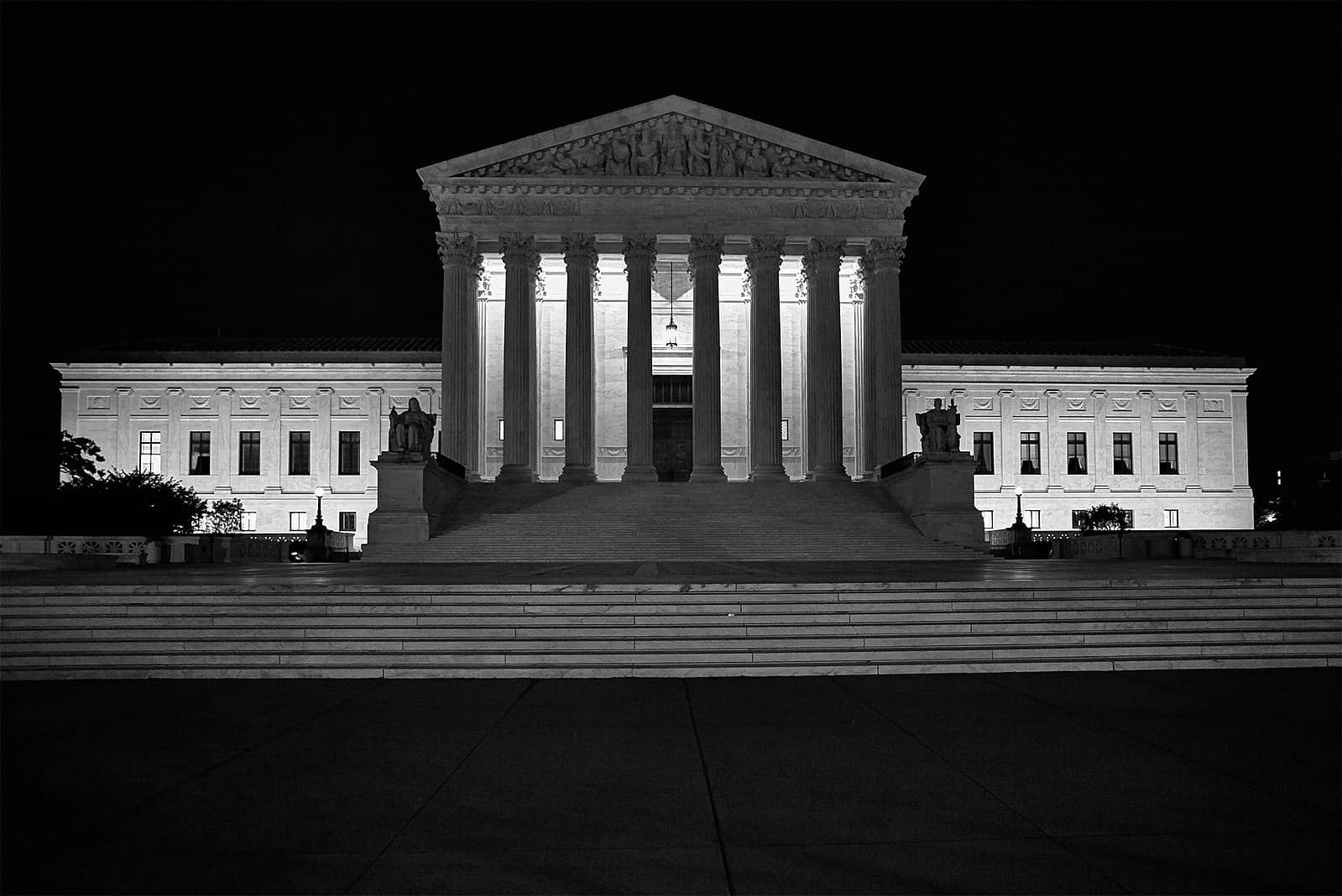
Sunah Chang is a student at Harvard Law School.
In today’s news and commentary: the NLRB drops its appeal of a district court case striking down its joint employer rule, red states reassert challenge to EEOC’s pregnancy rule, and the W.N.B.A. players’ union taps advisors.
Last Friday, the NLRB dropped its appeal of a district court’s decision striking down its 2023 joint employer rule, which would have classified many companies as employers of contract or franchise workers, requiring them to bargain with these workers pursuant to the NLRA. More specifically, the 2023 rule sought to treat companies as “joint employers” of franchise or contract workers so long as they have direct or indirect control over the essential terms and conditions of employment. In its motion to the Fifth Circuit for voluntary dismissal, the NLRB noted that it “remains of the opinion that its 2023 Rule meets the procedural and substantive requirements of the Administrative Procedure Act and the National Labor Relations Act.” It remains unclear whether and how this Fifth Circuit dismissal will impact other pending cases concerning the joint employer rule in the D.C. Circuit.
Riding the wave of the recent Supreme Court decision narrowing the power of executive agencies, 17 Republican attorneys general have filed an appeal to the Eighth Circuit challenging the EEOC’s 2024 rule expanding workplace accommodations for abortions. The states seek to reverse a ruling by the Eastern District of Arkansas from earlier this summer, which upheld the EEOC’s interpretation of the Pregnancy Workers Fairness Act under the Chevron doctrine. Citing the Supreme Court’s recent overturning of Chevron in the Loper Bright case, the attorneys general have requested that the Eighth Circuit review the district court decision. Furthermore, while the Eastern District of Arkansas dismissed the original challenge for lack of standing, the attorneys general have argued that the district court’s standing analysis erroneously ignored that the EEOC’s rule “inflicts distinct injuries” to the states by overriding their “sovereign interest in protecting fetal life through constitutional, statutory, and workplace policies.”
Lastly, the union representing W.N.B.A. players has summoned a five-person advisory board to assist the union on its collective bargaining strategy. The union and the W.N.B.A. league are currently locked into a C.B.A. that is set to expire in 2027 unless either the league or the players decide to opt out. If either party opts out by November 1, 2024, the parties will have about a year to negotiate a new agreement until the current C.B.A. expires on October 31, 2025. In order to evaluate the choice to opt out, the union has retained five experts—Claudia Goldin, W. Charles Bennett, Deborah Willig, Tag Garson, and David Cooper—to advise on the decision. Salient issues on top of the union’s priorities include improving travel arrangements, salaries, revenue sharing, and parental and fertility benefits.






Daily News & Commentary
Start your day with our roundup of the latest labor developments. See all
January 28
Over 15,000 New York City nurses continue to strike with support from Mayor Mamdani; a judge grants a preliminary injunction that prevents DHS from ending family reunification parole programs for thousands of family members of U.S. citizens and green-card holders; and decisions in SDNY address whether employees may receive accommodations for telework due to potential exposure to COVID-19 when essential functions cannot be completed at home.
January 27
NYC's new delivery-app tipping law takes effect; 31,000 Kaiser Permanente nurses and healthcare workers go on strike; the NJ Appellate Division revives Atlantic City casino workers’ lawsuit challenging the state’s casino smoking exemption.
January 26
Unions mourn Alex Pretti, EEOC concentrates power, courts decide reach of EFAA.
January 25
Uber and Lyft face class actions against “women preference” matching, Virginia home healthcare workers push for a collective bargaining bill, and the NLRB launches a new intake protocol.
January 22
Hyundai’s labor union warns against the introduction of humanoid robots; Oregon and California trades unions take different paths to advocate for union jobs.
January 20
In today’s news and commentary, SEIU advocates for a wealth tax, the DOL gets a budget increase, and the NLRB struggles with its workforce. The SEIU United Healthcare Workers West is advancing a California ballot initiative to impose a one-time 5% tax on personal wealth above $1 billion, aiming to raise funds for the state’s […]